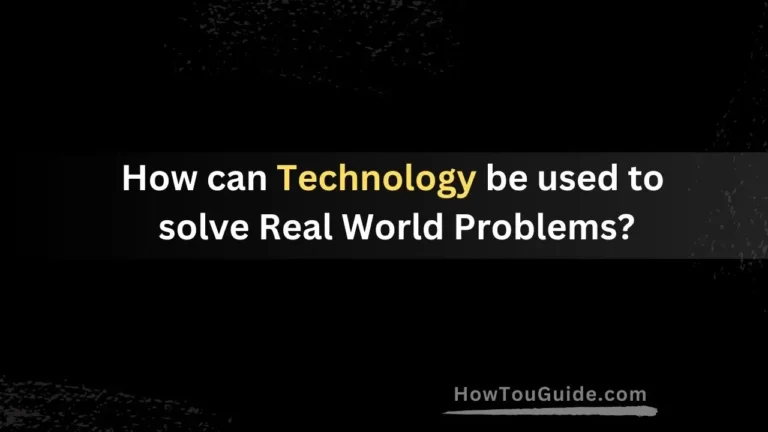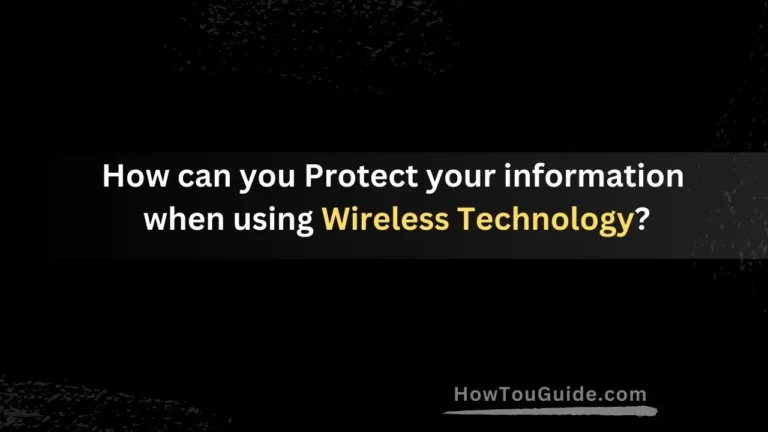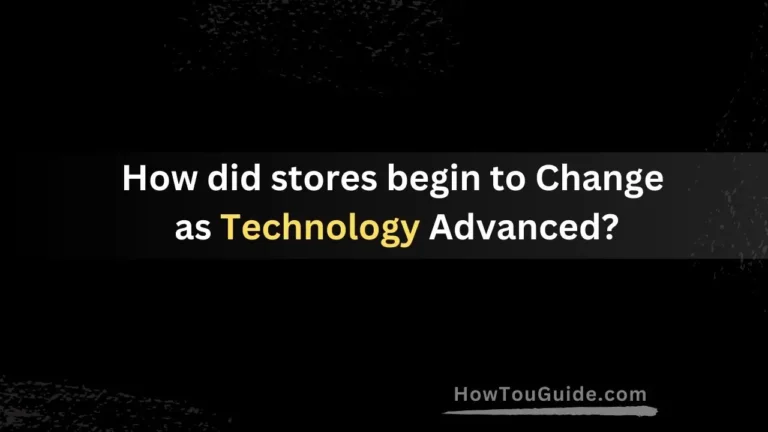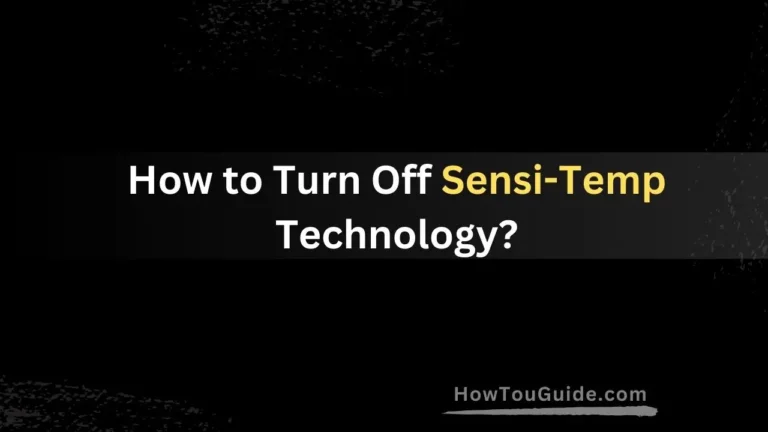How does Cell Technology affect Government?
Cell Technology’s impact on Government Operations
Improved Communication and Coordination
Cell phones and mobile devices have become essential coordination tools for government operations, enabling real-time communication and information sharing. During disasters and emergencies, cell networks play a vital role in response efforts by public safety agencies.
Government employees routinely use mobile devices to collaborate, access data in the field, and keep stakeholders updated. This has improved productivity and decision-making across agencies.
Read More : How to Reset a La Crosse Technology Weather Station?
Enhanced data Collection and Analysis
Cell phone data provides governments with valuable location-based insights about citizen behavior and mobility patterns. Analyzing anonymized, aggregated cell data helps agencies track migration flows, model transport usage, pinpoint infrastructure needs, monitor crisis situations, and support urban planning.
As data analytics capabilities grow, governments can uncover more useful insights from mobile data to inform public policies.
Increased Transparency and Accountability
Cell phones enable greater civic participation by allowing citizens to easily access government information, contact officials and provide feedback. Government bodies leverage mobile apps and SMS to share updates, disseminate policies and news, as well as remind people about bill payments or facility access.
Two-way communication channels via mobile help hold the government accountable and address people’s grievances effectively.
Cell Technology enabling New Models of Governance
Citizen Participation via Mobile apps and Platforms
Many governments now use mobile apps and digital platforms to consult citizens during policymaking. These tools allow people to share opinions, take public surveys, and directly vote on civic issues through their phones.
For instance, European cities have piloted apps where residents can allocate municipal budgets or submit development ideas. Such participation models create more inclusive, people-centric governance.
Use of Cell Data for Policymaking
Governments leverage anonymized and aggregated mobile data to develop data-driven policies that address on-ground realities better.
For example, analyzing cell traffic patterns helps planners optimize public transport routes, cell tower metadata provides poverty estimates for resource allocation, and disease outbreaks can be mapped via cell mobility trends. As computational social science matures, policy decisions will rely more on cell data-based modeling and evidence.
Emergence of Digital Governance
Cellular networks and mobile devices lay the infrastructure for ‘digital governance’ – where government services and functions are primarily delivered online via digital channels instead of traditional in-person processes.
E-governance improves citizens’ access, efficiency, transparency and reduces corruption. Mobile-based identity schemes also enable better targeting of social programs. Contactless government powered by digital flows will likely be the default in the future.
Security and Privacy Concerns with Government use of Cell Tech
Surveillance and Tracking of Citizens
Cell data analytics creates risks of governmental overreach and mass surveillance if privacy protections are inadequate. There are concerns that anonymized data can be deanonymized.
Location data reveals sensitive information about people’s lives. And real-time cell tracking threatens civil liberties. Lacking transparency and oversight around such monitoring risks normalizing a surveillance state.
Data Breaches and Cybersecurity Risks
Government agencies collect and access vast cell data streams from telcos and apps. Insufficient cybersecurity measures expose citizens to privacy violations, fraud, discrimination if this data is hacked or misused.
As sensitive personal data circulates across networks, the attack surface for malicious actors increases. Governments must prioritize cybersecurity and access controls when handling citizen cell data.
Lack of Oversight and Accountability
Most governments lack robust checks and balances governing the usage of cell data for public policy objectives. Such opacity raises accountability concerns while citizens remain unaware of data collection or its application in governance.
With emerging digital governance, systemic issues of public accountability must be addressed through legal protections and democratized oversight.
The Future of Government in the Mobile Age
Integrating New Technologies like AI and Blockchain
Cell networks will enable governments to utilize innovations like AI, IoT and blockchain to transform service delivery. AI can help process cell data to uncover policy insights, chatbots can offer governmental assistance to citizens, while blockchain can secure vital records and identity schemes. By integrating such technologies, governments can unlock smarter, efficient and transparent processes.
Adapting Policies to keep Pace with Innovation
The rapid innovation in mobile technology requires policymakers to be nimble in addressing regulatory gaps, especially regarding privacy and ethics.
Governments need better foresight into socio-technological trends so governance can adapt quickly rather than reacting late. Consultative policymaking is essential for building regulatory capacity to keep pace with the cell tech sector.
Focus on Digital Rights and Responsible Data use
Ultimately, governments must balance technological innovation with the responsible use of cell data in governance. Formulating clear digital rights laws, enforcing transparency in data use, developing robust public accountability models and prioritizing cybersecurity culture are key to ensuring cell tech enables more people-centric governance rather than a techno-dystopia.
The future will depend on collaborative policymaking today among governments, industry and civil society around these priorities.
Conclusion
In conclusion, cell technology is profoundly transforming government operations, policies, and civic engagement models. While mobile connectivity unlocks many possibilities for improved governance, it also poses complex regulatory and rights-based challenges regarding security, privacy, accountability, and inclusion that require urgent attention today to realize an equitable digital future.
Getting the balance right between technology innovation and responsible governance in the mobile age needs a collaborative policy approach between industries, government and civil society with people’s rights at its core.
FAQs
How does cell data help governments respond better to crises and disasters?
Cell data provides real-time mapping of population movements and infrastructure outages to aid first responder coordination, dispatch relief, and plan recovery during crises.
What new e-governance models are emerging due to cell technology?
Mobile apps enable digital identity schemes, paperless e-documents, remote voting, AI chatbots for government assistance, blockchain public records and more – transforming service delivery.
What steps do governments need to take to address privacy risks from cell data use?
Governments should develop digital rights laws, enforce purpose limitations and data minimization for cell data use, ensure transparency in data collection/use, and institute independent oversight bodies.
How will innovations like 5G impact digital governance capabilities?
Faster speeds and smarter networks will power immersive service delivery via AR/VR, enable real-time policymaking via IoT data flows, and transform sectors like transportation through better cell connectivity.
What role do citizens have in shaping policies for cell technology and government?
Public consultations, participatory policymaking through civic tech tools and collective advocacy around digital rights are key for citizens to have a voice in balancing innovation interests with public good.






